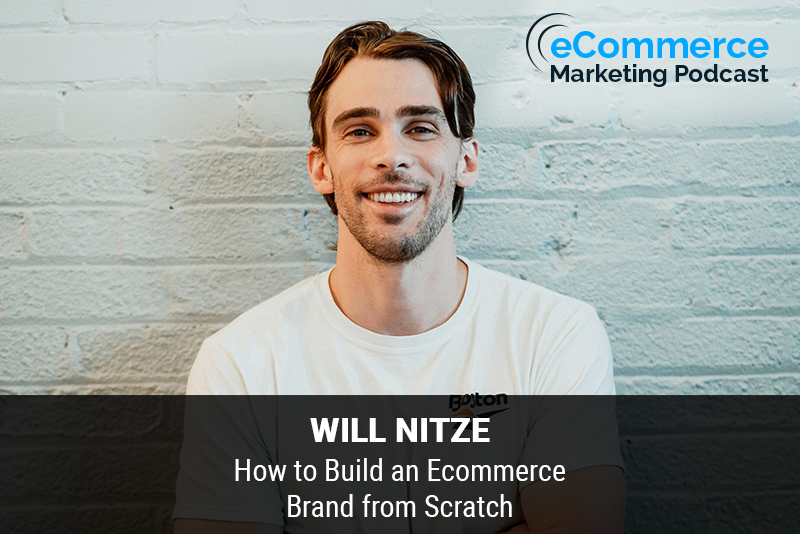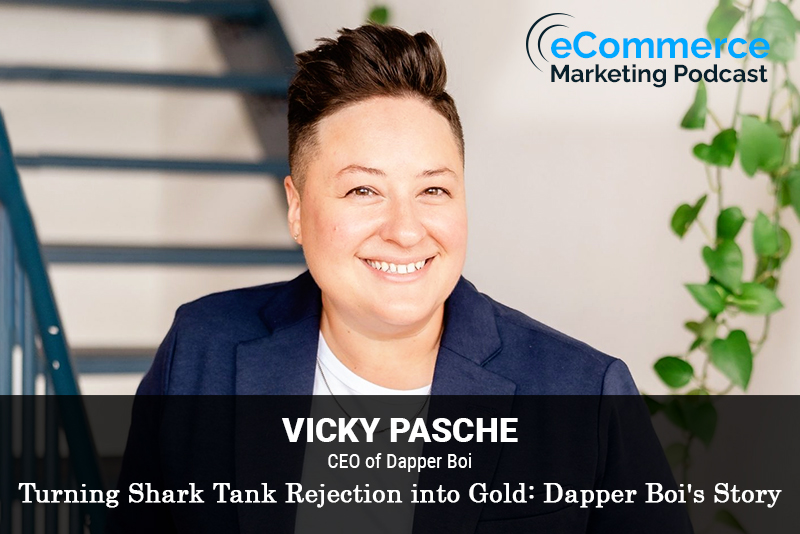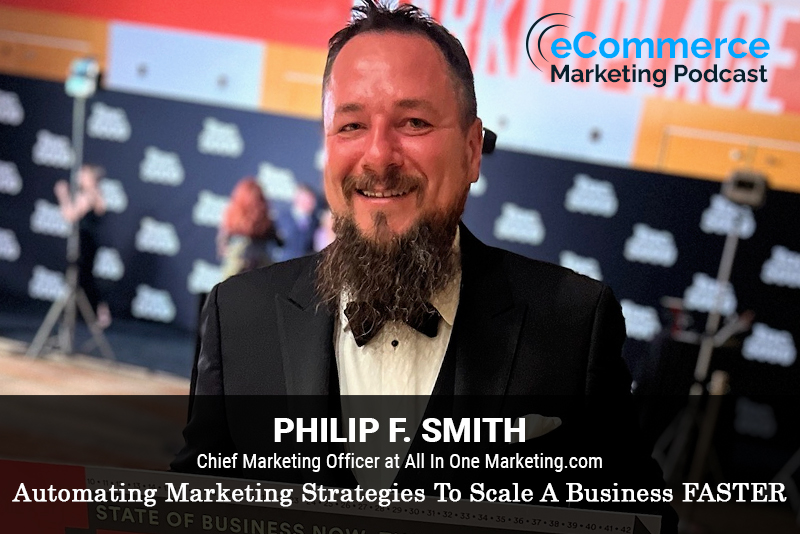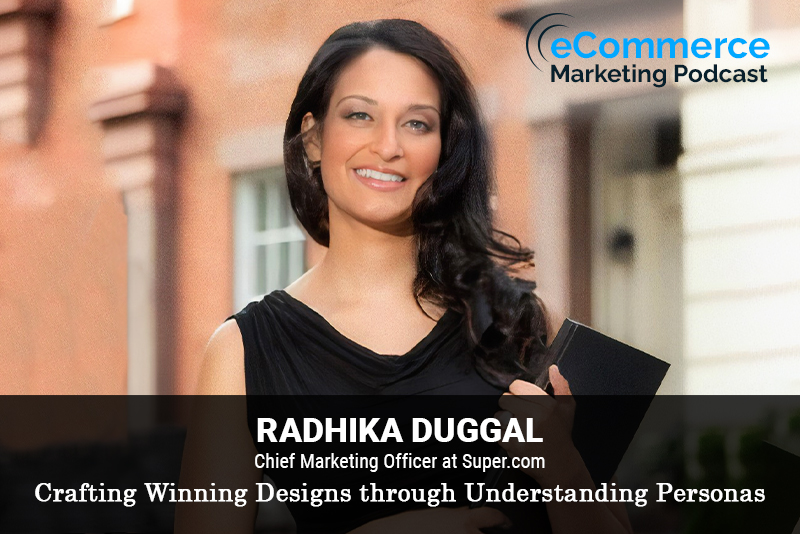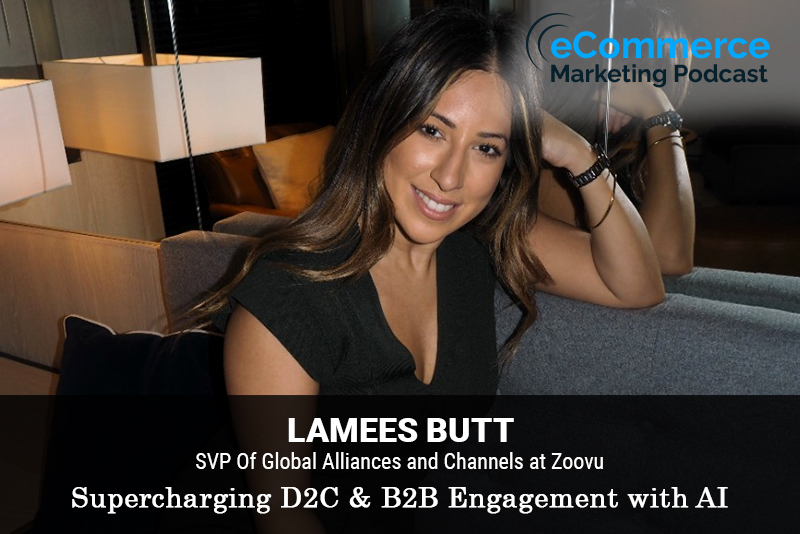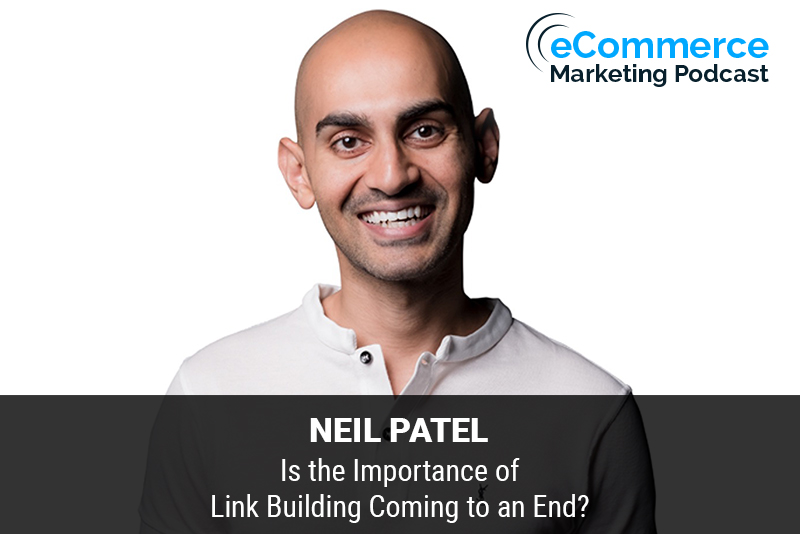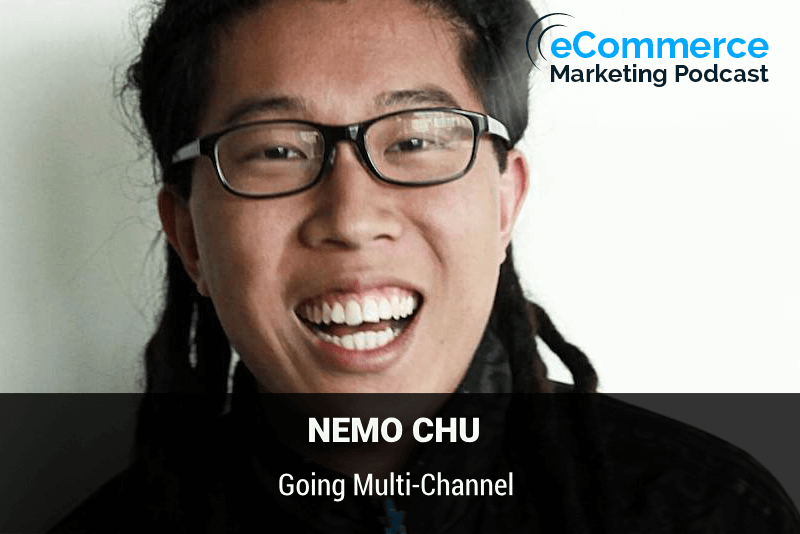
The eCommerce Marketing Podcast walks you through everything that goes into ecommerce marketing — from inbound marketing to paid advertising to conversions. Learn the strategies top marketing experts use to grow their businesses.
Marketing Strategies Revealed in this Episode:
- The initial steps in successfully picking the right niche for starting an ecommerce brand
- Once you have picked what your brand is going to be, what are the next steps to pursuing it to mastery?
- Strategies and tips for laying the foundation of a successful ecommerce brand and growing it
- Examples of businesses that have been successful with growing a successful ecommerce brand

Episode Title: Starting and Scaling an E-commerce Brand with Will Nitze
Host: Arlen Robinson
Guest: Will Nitze, Founder of IQBAR
In this episode of the E-commerce Marketing Podcast, Arlen Robinson interviews Will Nitze, the founder of IQBAR, a maker of plant-based protein bars. Will shares his journey from a software sales career to founding IQBAR, which began as a crowdfunding campaign and has grown into a brand sold in thousands of stores nationwide. He discusses the importance of finding a niche, doing thorough research, and creating a product that stands out. Will also emphasizes the significance of passion in business and shares insights on the digital and brick-and-mortar aspects of his business model.
Key Takeaways:
- Introduction and Will’s Background [00:00 – 04:00]
- Will’s journey from software sales to founding IQBAR [00:00].
- The impact of diet on cognition and the inspiration for IQBAR [02:30].
- Starting an E-commerce Brand [04:00 – 10:00]
- Importance of passion and interest in your chosen niche [04:30].
- Differentiating your product in a competitive market [06:00].
- Doing the Due Diligence [10:00 – 16:00]
- Learning from existing products and industry experts [10:30].
- The value of rapid iteration and market feedback [12:30].
- Scaling the Business [16:00 – 22:00]
- Transitioning from online sales to brick-and-mortar retail [16:30].
- Using retail presence as a marketing tool [18:00].
- The shift to digital-first strategy due to COVID-19 [20:00].
- Effective Digital Marketing Strategies [22:00 – 28:00]
- Offering low entry price items to attract customers [22:30].
- Success with Facebook and Amazon ads [24:00].
- Successful E-commerce Brands [28:00 – 34:00]
- Examples of successful brands like Movement Watches and Quest Nutrition [28:30].
- The importance of developing a dedicated customer base [30:00].
- Advice for New E-commerce Entrepreneurs [34:00 – 40:00]
- The need for a unique spin on your product [34:30].
- Focus on acquiring high-quality customers [36:00].
Guest Info:
- Name: Will Nitze
- Position: Founder of IQBAR
- Website: IQBAR
- Social Media: @eatiqbar

